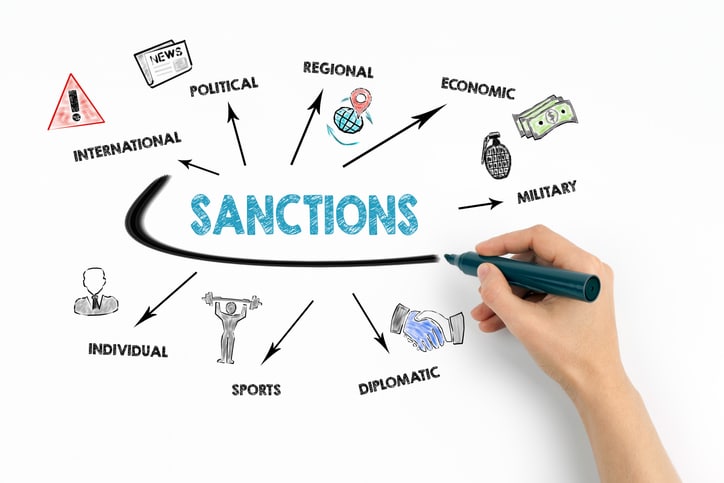
Continuing Changes in Export Compliance
Maintaining export compliance programs presents challenges to organizations of all sizes. Given the complexity of the International Traffic in Arms Regulations (ITAR), Export Administration Regulations (EAR), Antiboycott Regulations, and various sanctions, this is not surprising. Additionally, international political events are forcing agencies to continually make changes to these regulations to protect United States national security and foreign policy interests.
To further complicate issues the Bureau of Industry and Security (BIS) has increased enforcement and has also increased civil and criminal penalties for export violations. At the same time changes in sanctions and Export Control Classification and the U.S. Munitions List (USML) make it more and more possible to unwitting violate the law.
Small businesses are not alone in this predicament as major players such as Honeywell, Flir Systems, Apple, ExxonMobil, and Western Union have faced major penalties. This holds true for those doing business under the scope of the Export Administration Regulations (EAR) and the International Trade in Arms (ITAR).
Developing a Capable Program
Both ITAR and EAR require that companies who export controlled items initiate and maintain viable compliance programs. The DDTC requires that a company who has restricted articles or performed restricted services to control their company with procedures that meet ITAR requirements in accordance with the Directorate of Defense Trade Controls DDTC Compliance Program Guidelines. BIS requires that a company who has restricted articles or performed restricted services to control their company with procedures in accordance with the BIS Core Elements of an Effective Export Management and Compliance Program.
Many companies may have products or services that fall under both sets of regulations which can further increase complexity. While ITAR and EAR are the primary regulatory requirements, businesses must also comply with the following as well when conducting exports:
- Antiboycott Regulations per the Department of Commerce’s Office of Anti-Boycott Control (OAC)
- U.S. Department of the Treasury’s Internal Revenue Service (IRS)
- U.S. Department of Treasury’s Office of Foreign Assets Control (OFAC)
Additionally many U.S. companies have operations in Canada and must harmonize their programs to meet requirements of the Canadian Controlled Goods Program (CGP).
CVG Strategy can tailor an export compliance program that will meet the specific requirements of a company. We can provide a program that harmonizes requirements for sets of applicable regulations.
We can then implement this program into a Quality Management System (QMS) so that the export compliance program can have necessary management commitment, monitoring, and evaluation.
Maintaining Export Team Knowledge and Awareness
While there are many factors to maintaining an export compliance program, most involve continuing education of all involved players in a business. This includes any parties who interact with customers or potential customers, those involved with Export Control Classification, and in the case of ITAR those involved with facility and information security. This education should stress the dynamics of export compliance and a need to stay abreast of developments as they occur.
CVG Strategy Export Compliance Experts
CVG Strategy has been helping our clients with their export compliance programs for over a decade. We can provide guidance in establishing and maintaining export compliance programs. We can also assist with product Export Control Classification Determination.
CVG Strategy export experts know that knowledge is key. We can provide training in product classification, applying for licenses, screening potential customers, and securing data and facilities. We also include in our training which key US Government agencies and regulations specifically apply to your business.
Our training is available onsite and by webinar. Our classes are engaging and promote involvement by all participants. We also schedule time for questions you may have regarding your specific business applications.
We can also help you with export control classification of articles and technology and help with license requirements. Our specialists have classified thousands of products, services and technology over the years and provide you with confidence in your export business.


